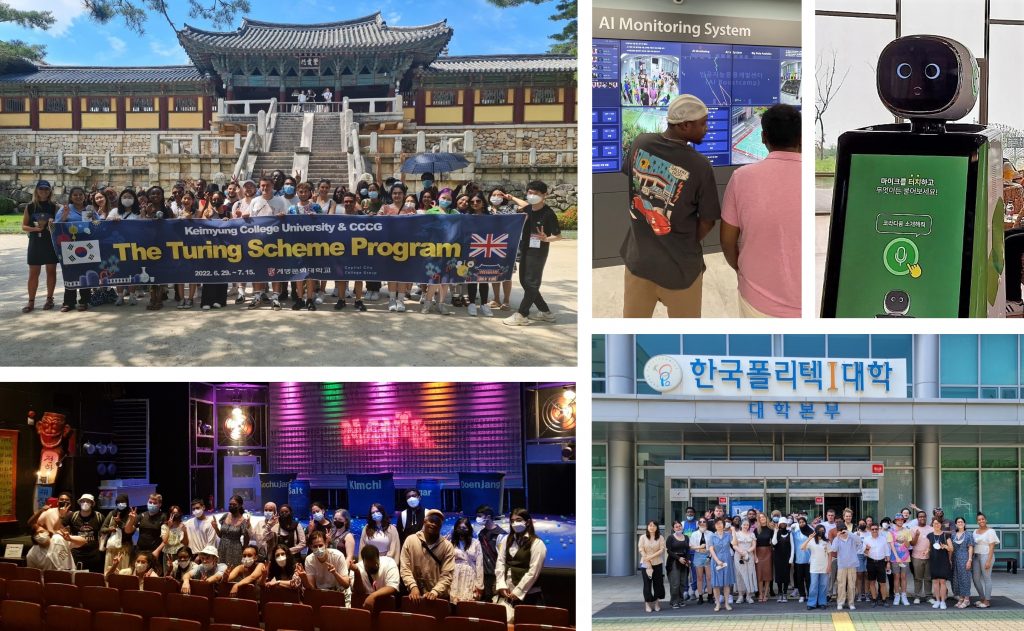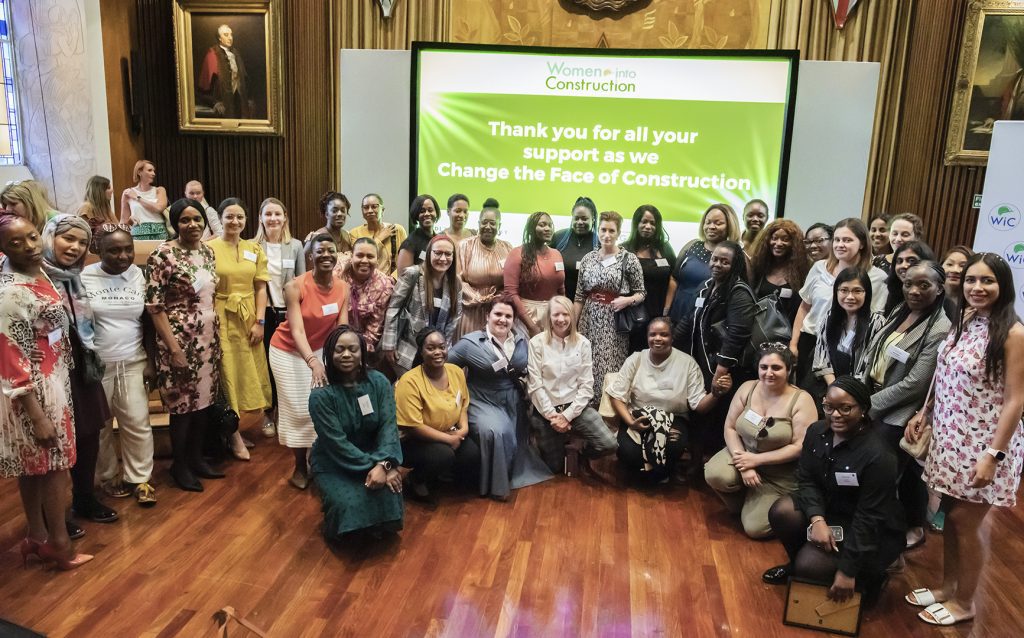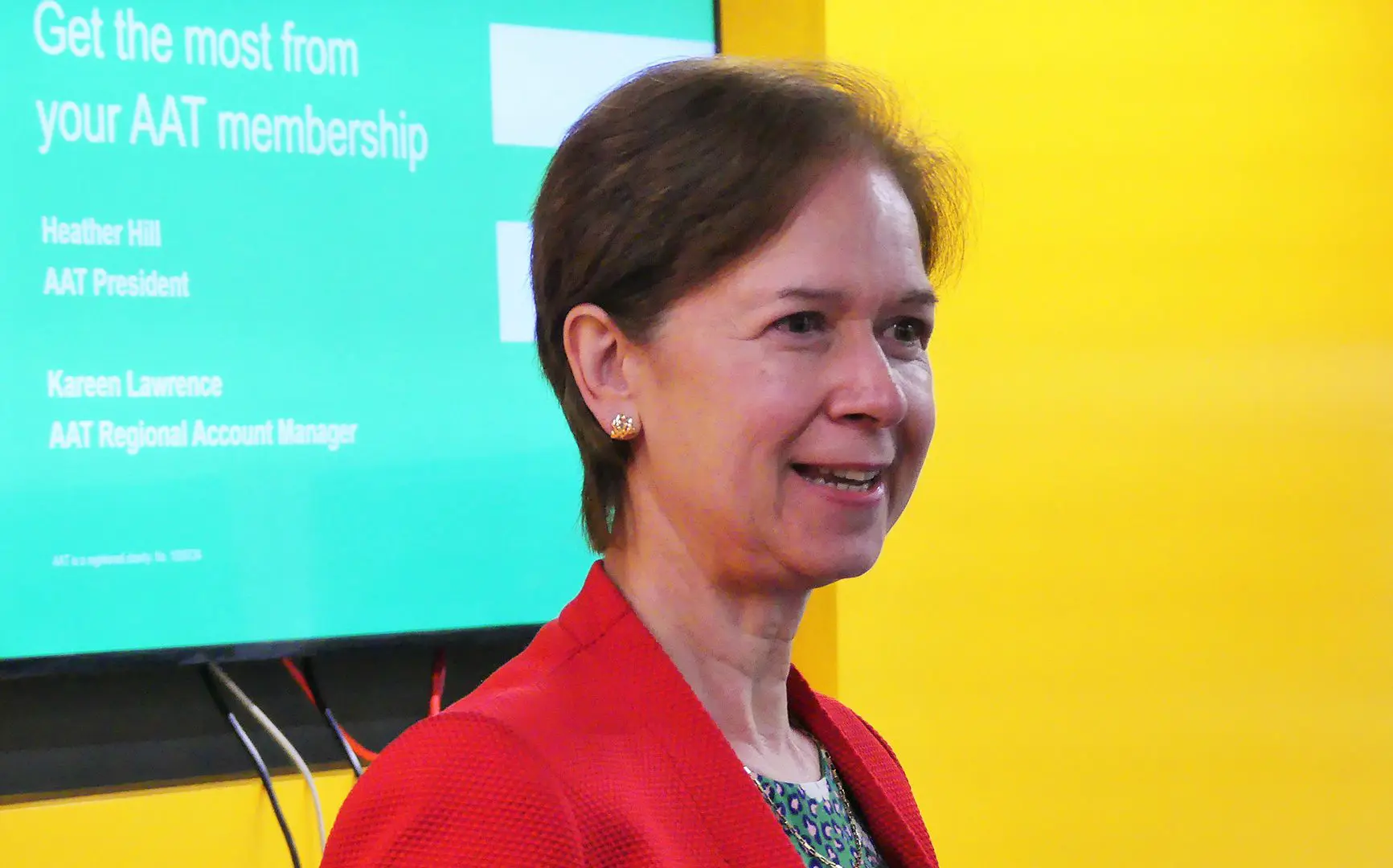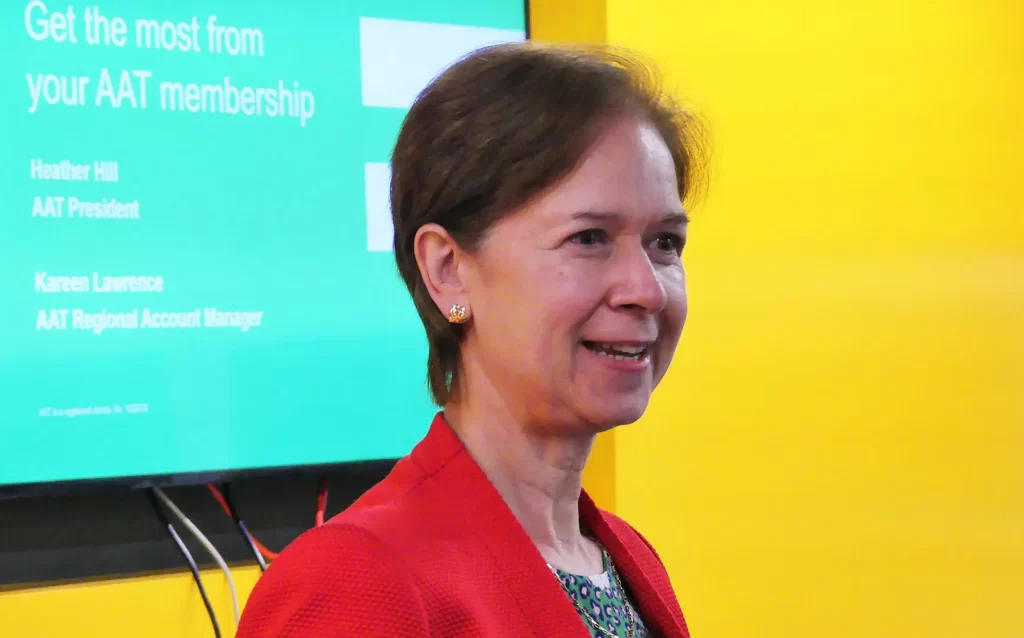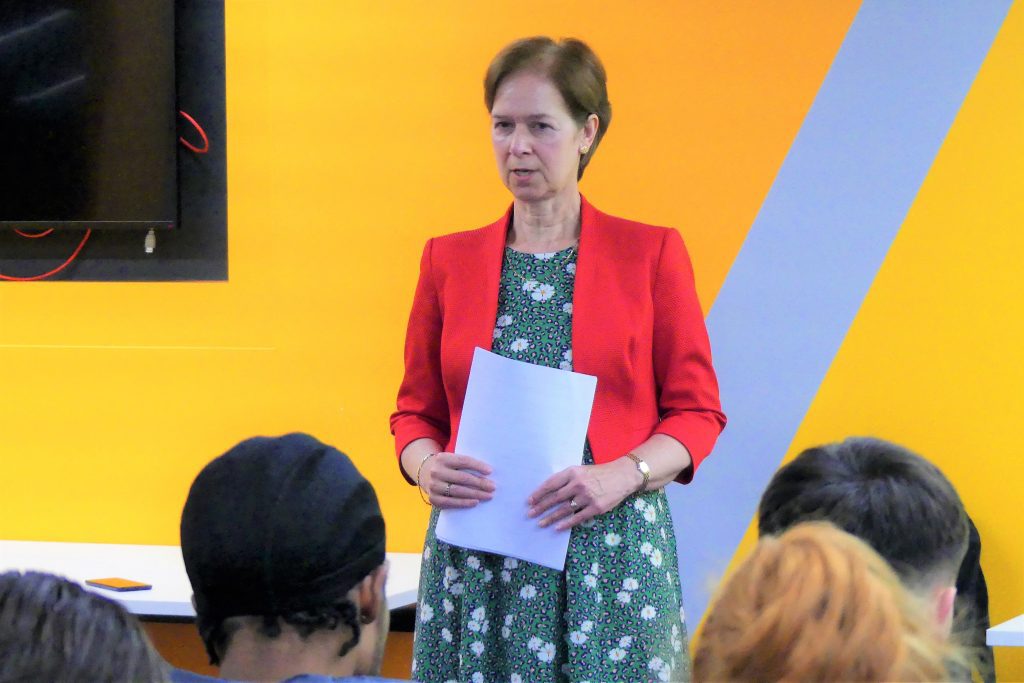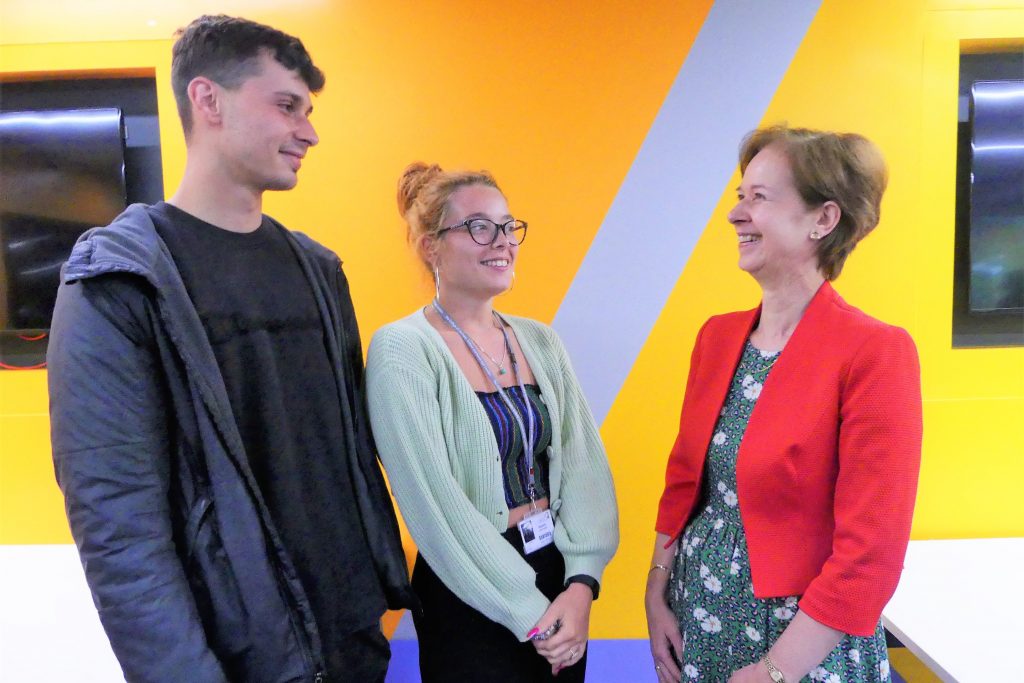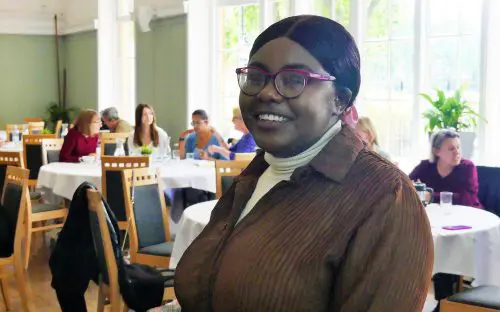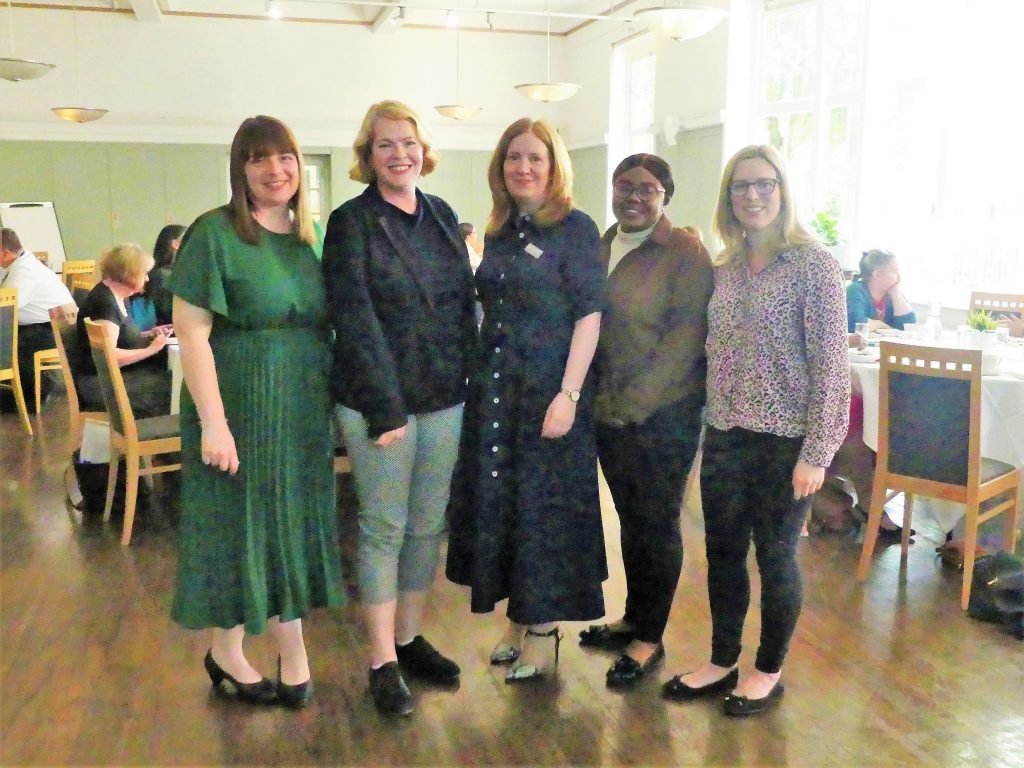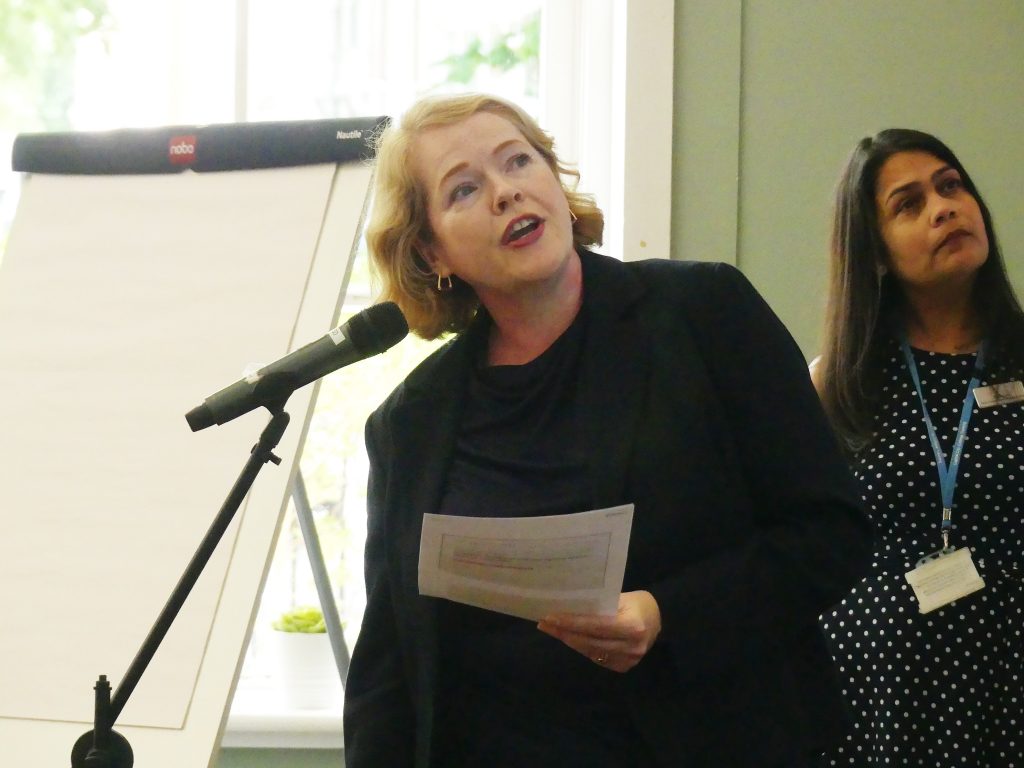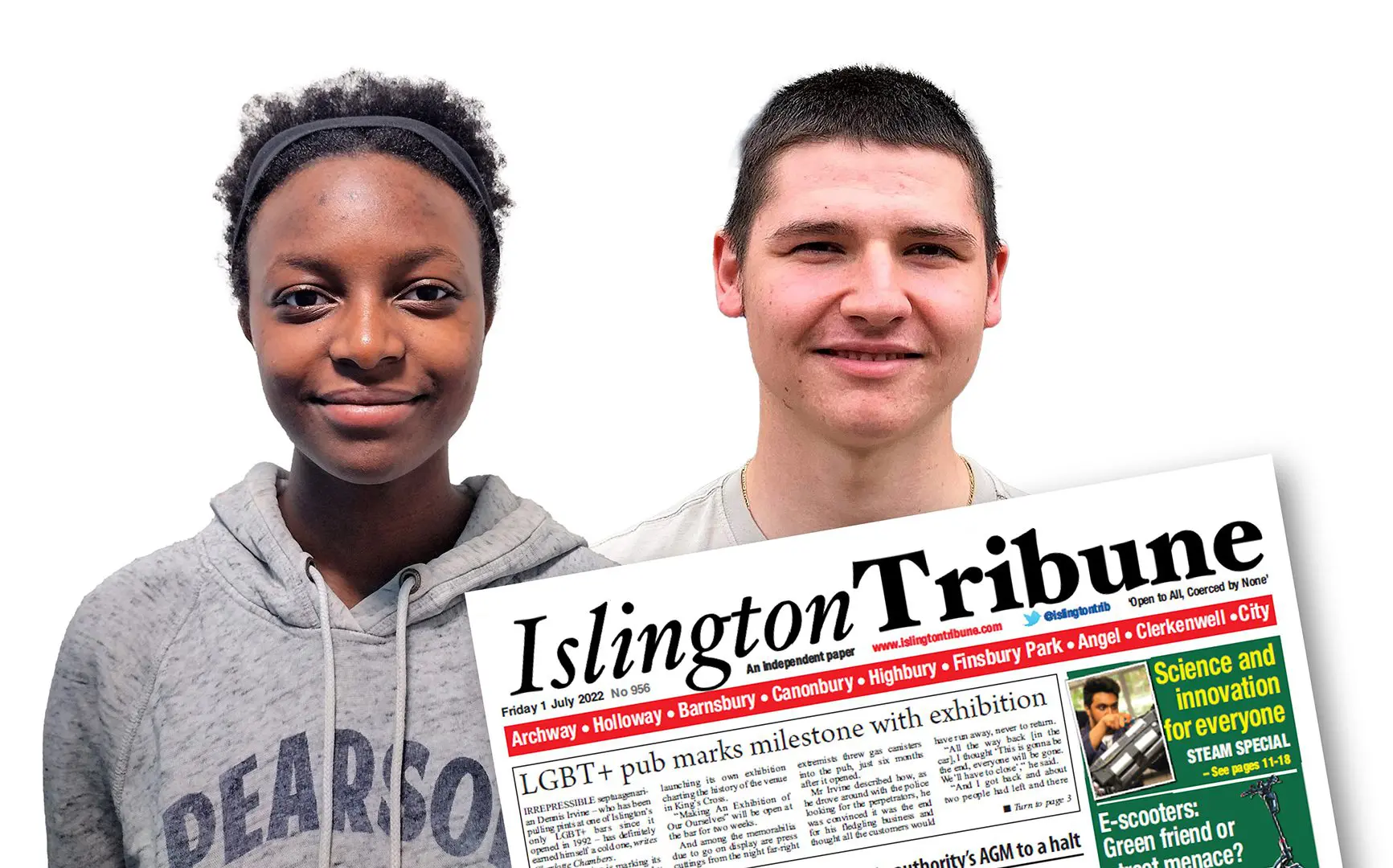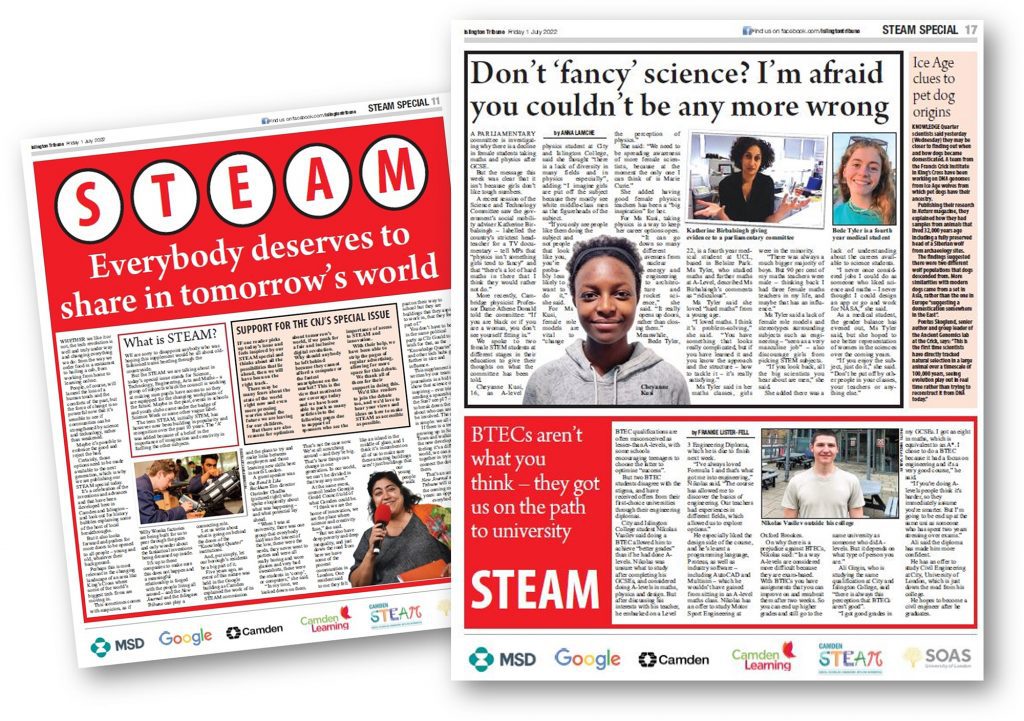Students at City and Islington College (CANDI) celebrated A Level success as the college saw the number of students achieving top grades significantly exceed results prior to the COVID pandemic.

CANDI Sixth Form College saw 71 per cent of students attain A* to C grades – an 18 per cent increase on 2018-19 – with many going to Russell Group universities including Oxford and Cambridge.
Among this year’s top performing students were Isobel Rout, Keefe Choong, Amy Lay and Mohammed Yusuf, who all achieved three straight A*s in their exams.
Isobel, 18, who gained three A*s in Biology, Psychology and History, is heading to Oxford University to study Experimental Psychology.
She said: “I’m really happy. I couldn’t have done any better. The exams were quite stressful as there was a lot of content covered. I had a few nerves this morning, but I’m so relieved it’s now over.
“My teachers at CANDI were really supportive and would go beyond what was asked of them to make sure you understood their subjects.
“I’m looking forward to university. I want to get into neuroscience. It’s a very fast-moving field with finding treatment and prevention for conditions like Alzheimer’s and dementia.”
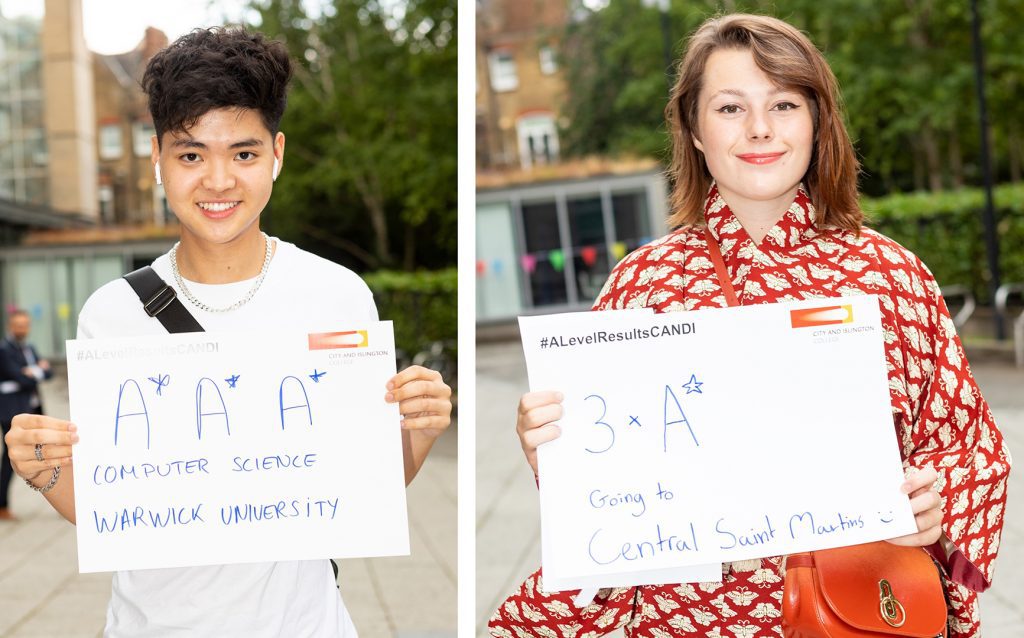
Keefe, 18, secured a place at Warwick University to study Computer Science after gaining A*s in Maths, Further Maths and Computer Science.
He said: “I wasn’t too stressed this morning as I left the exams feeling confident because of all the preparation and past papers we did.
“Having a good relationship with your teachers is important and I had that at CANDI. The teachers were very helpful and easy to talk to. If I had any questions, I could go straight to them and they would explain it, especially in maths.”
“I’m happy all the hard work’s paid off and I can now enjoy my summer.”
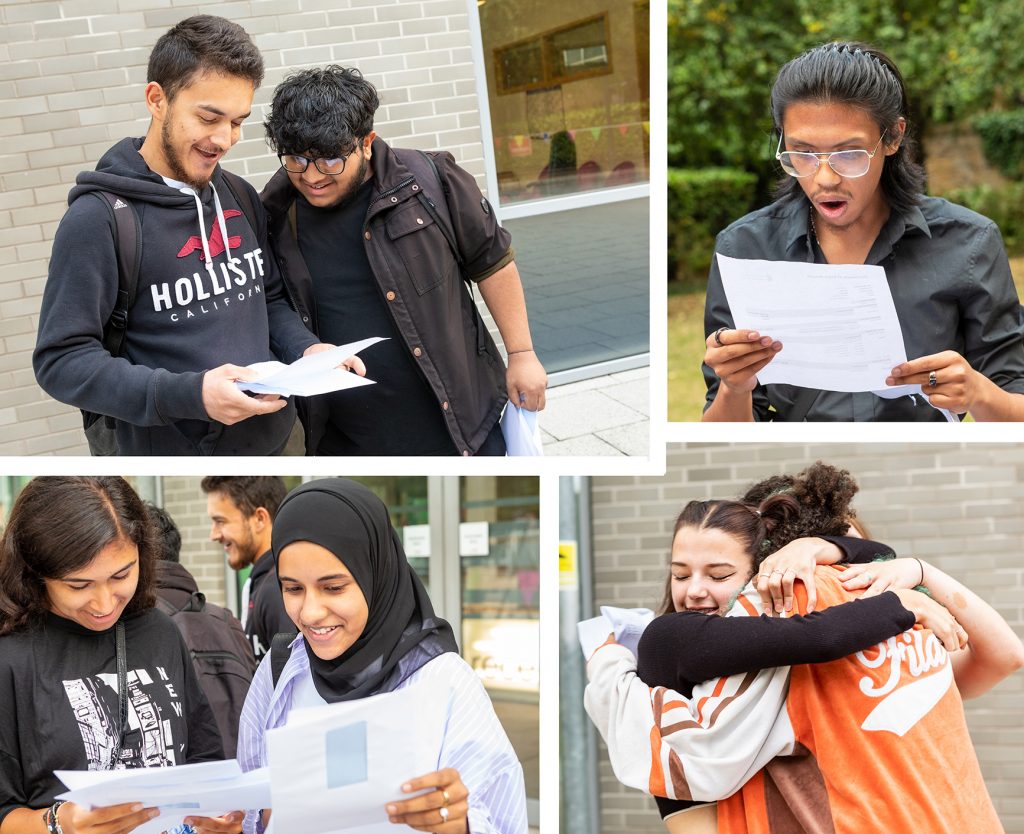
Amy, 18, gained A*s in Photography, Textiles and Graphics, and is going to UAL: Central St Martins, to study a Foundation Diploma in Art and Design.
She said: “I wasn’t nervous. I thought whatever grades I get will be a reflection of how hard I worked, but I am amazed at my results. It’s been a really tricky year as my mum moved out and I was living with a flatmate, but I think that made me work harder.
“My family made a lot of sacrifices to allow me to stay in London, and that made putting studying first really easy and especially when it’s something you love.”
“My teachers were incredible. I have never known teachers who are as passionate as the teachers at CANDI. They will go out of their way for you. Even though they had a lot on and a hundred other students they always made time for you. I wouldn’t have done it without them.”
Students who studied vocational courses such as BTEC diplomas also celebrated their results with many of those taking Level 3 qualifications, equivalent to three A Levels, gaining distinctions.
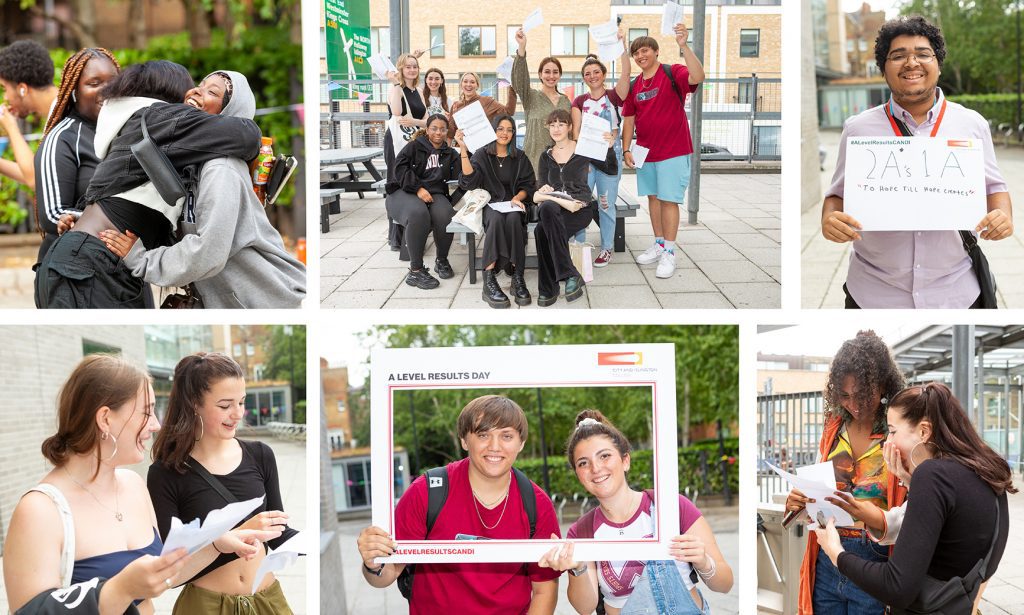
CANDI has one of London’s largest choices of A Levels with more than 30 subjects available to study along with a wide range of vocational courses and apprenticeships.
Colleen Marshall, Vice Principal of CANDI, said: “Our students have shown admirable resilience in very challenging and unprecedented circumstances during the COVID crisis, to still achieve fantastic grades and gain places on degrees at some of the country’s best universities.
“I would like to say a big thank you to our teachers who have been resolute in ensuring the success of each and every student, and all our support staff who often go unmentioned but whose work is invaluable to the college.”
Kurt Hintz, Executive Principal of Capital City College Group, which includes CANDI, said: “I would like to congratulate all our A Level students on an excellent set of results this year.
“Their studies were hugely impacted by the COVID pandemic, and it is a tribute to their hard work and resilience that they have achieved the grades they deserve and are now set to progress on to the universities, employers and apprenticeships they planned for.
“I would also like to thank our teachers and support staff for their dedication and relentless support to students, in what has been the most challenging period to be a teacher in living memory.
“I wish all our students collecting their results today the very best for the future.”








